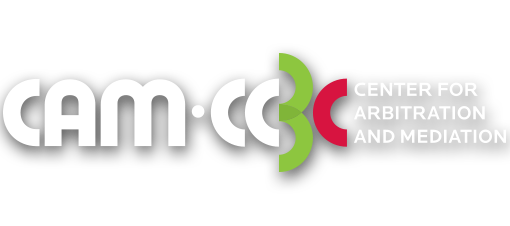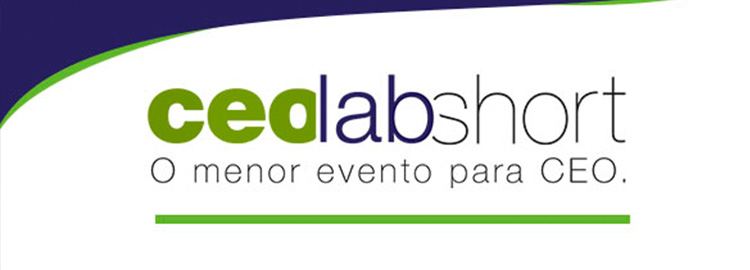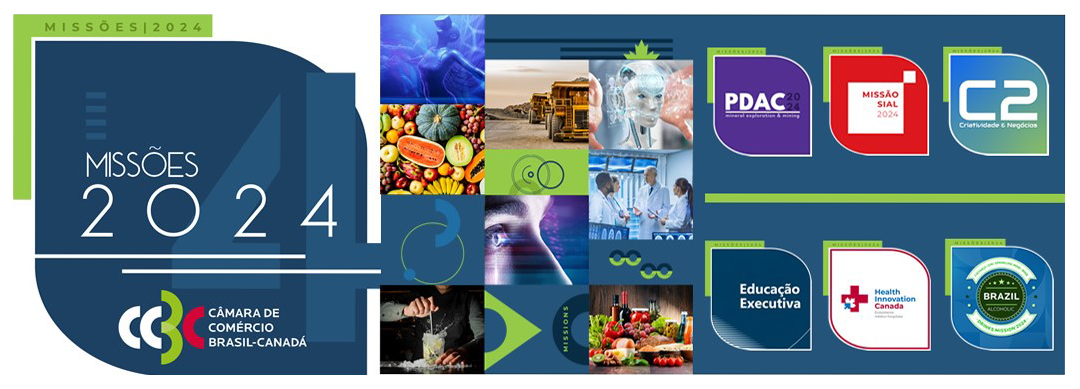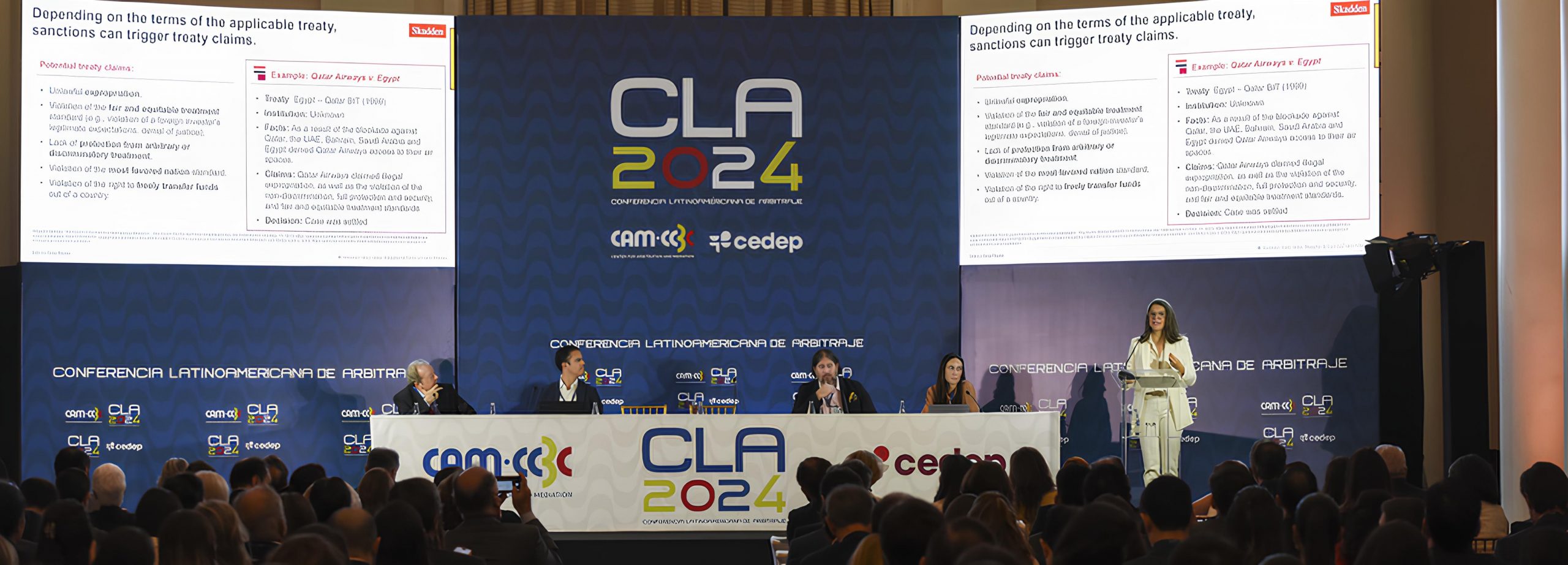There are cases in which diversity in the workplace is nothing more than speech. However, the corporations that manage to transform speech into practice have statistics in their favour. According to a study from McKinsey & Company, ethnical, cultural and gender diversity cause direct impact on companies’ financial performance in many countries worldwide.
The research “The diversity as a performance boost”, published this year, analyzed more than a thousand companies from twelve different countries. One of the conclusions is that organizations with more ethnical diverse executive teams – not only in terms of absolute representation, but also in terms of variety and the mix of ethnical groups – have 33% more probability of overcoming their peers on profitability.
Concerning gender diversity in executive teams, there is also the correspondence with the organizations’ results. The report indicates that companies that invest in gender diversity are 21% more likely to profit above average. “Professionals with distinct cultures and profiles bring different views and that is essential, for without different views a company cannot innovate. And without innovation, a company cannot survive” says Esther Nunes, lawyer, ex-president of CCBC (2013-2017) and coordinator of the Chamber’s Diversity Committee.
In November, the Committee organized together with its member CEOlab, the seminar “Dividend, Diversity, Innovation and Creativity”, that discussed the subject as a way of generating value to companies. The very format of the meeting was not traditional. CEOlab’s partner and mentor, Pedro Lins, moderated the event encouraging Q&A and discussion between public and expert panelists.
It is not enough to diversify, we must give a chance to diversity!
In order to take effect, diversity must go beyond the selective process and must be embraced by the companies’ cultures, with daily practices and the employees’ acceptance. Monica Busch, regional manager of EDC, said in the seminar that it is common that a company gathers its collaborators from various parts of the world via conference call before making important decisions, which assures a broader view and better answers.
Esther Nunes suggests to organizations that don’t reach diversity goals, that they question the reason, instead of simply saying that they can’t find talents in the market to fill in open spots. She mentions the example of an American Law Office where a group of employees launched a manual of how retain feminine talents. The group has expanded and reached different Latin American countries, with exchange of experiences in meetings, talks and other events.
In Brazil, after an informal survey, CESA – Center for Studies of Law Firms, discovered that less than 1% of lawyers belonging to the associated offices is black. From then on they joined the Presbyterian University Mackenzie in São Paulo to create the project “Incluir Direito” (the name in Portuguese means both “Include Law” and “Include Well”), in which the students self-declared black will “receive personalized qualification so that they are extremely competitive candidates in any selective process they take part in”.
Today, large companies need to adapt to the diversity goals, because many of them do business only with the ones that meet the goals. However, this is a demand that has arisen among the groups themselves that didn’t feel represented, such as women, black people and LGBT, and decided to look for new paths”, emphasizes Esther.
CCBC’s Diversity Committee was created over a year ago with the objective to foster good practices between the companies that are associated to the Chamber. The initiative is in line with the focus that the Canadian Government gives to the subject and projects new events to the next year. Canada has one of the most advanced legislations and practices in the world about diversity.
The seminar “Dividend, Diversity, Innovations and Creativity”, counted with the participation of Andréa Ziravello (Thomson Reuters), Anouk Bergeron-Laliberté (General Consulate of Canada in São Paulo), Beatriz Ferreira Raimundo (Aegea), Esther Nunes (CCBC), Flávia Vieira (Bombardier), Gabriel Lopes (Malkovich Design & Comunicação), Guillaume Légaré (National Bank of Canada), Mariana Deperon (Tree Diversidade), Monica Busch (EDC) and Pedro Lins (CEOlab).
CEOlab and CCBC: other subjects
CCBC and CEOlab will continue in 2019 with their events’ schedule focusing on companies’ leaderships. In February there will be an event about the political and economic perspectives for the year.





